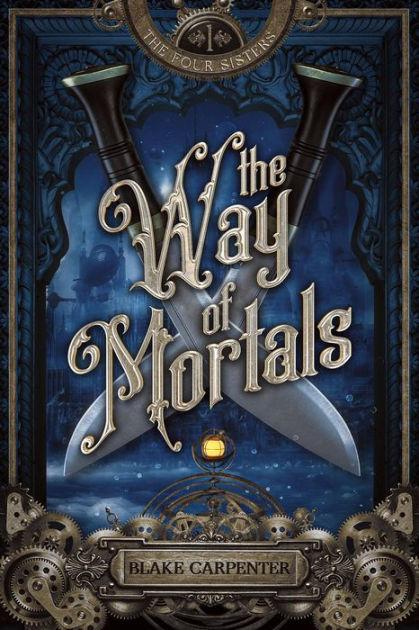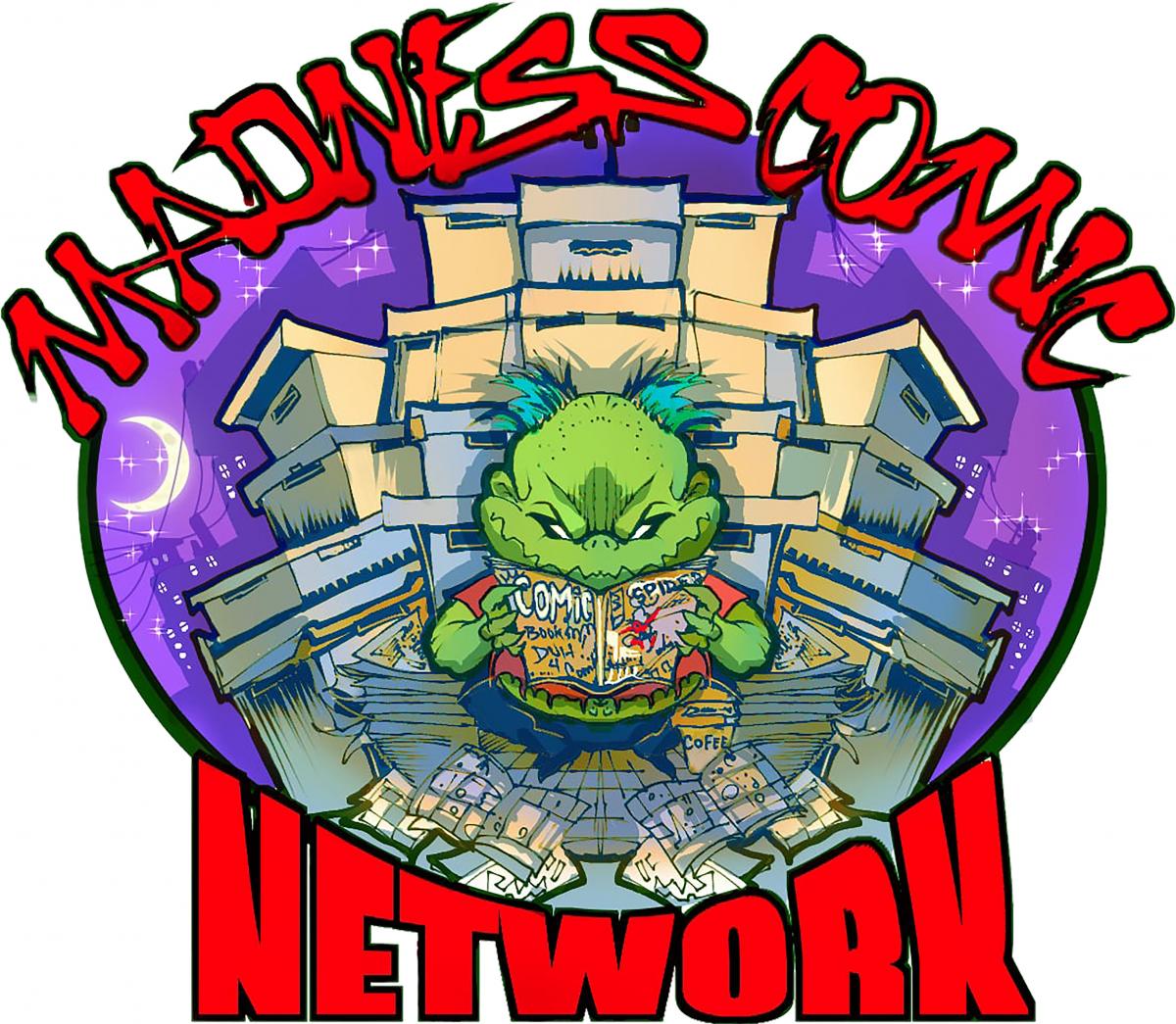You are here
Home › Books › Blake Carpenter's Novel 'The Way of Mortals' Is Sure To Please Fantasy Fans Of Any World ›Blake Carpenter's Novel 'The Way of Mortals' Is Sure To Please Fantasy Fans Of Any World
FTC Statement: Reviewers are frequently provided by the publisher/production company with a copy of the material being reviewed.The opinions published are solely those of the respective reviewers and may not reflect the opinions of CriticalBlast.com or its management.
As an Amazon Associate, we earn from qualifying purchases. (This is a legal requirement, as apparently some sites advertise for Amazon for free. Yes, that's sarcasm.)

With the exception of horror, fantasy is likely the oldest of all literary genres. Rooted in the Mesopotamian epic of Gilgamesh and Classical Greek and Roman mythology, the sagas of the Viking age, A Thousand and One Arabian Nights, medieval romances like Le Morte d’Arthur, the fairy tales of Charles Perrault and the Brothers Grimm, fantasy in the modern sense began with authors George MacDonald, William Morris, Lewis Carroll, L. Frank Baum, C. S. Lewis, Lord Dunsany and E.R. Eddison, whose otherworldly odysseys paved the way for the pulpy sword-and-sorcery of Robert E. Howard and High Fantasy of J.R.R. Tolkien. Ever since The Hobbit and The Lord of the Rings left their indelible imprint on popular culture, fantasy has influenced everything from role-playing games to television and movies, and the genre’s ageless Good-versus-Evil themes and immersive escapism provide the perfect antidote for our troubled times.
The explosion of small press and independent publishing in recent years has allowed a multitude of new voices to explore those escapist possibilities. One such creator is Deathbringer author Blake Carpenter, whose latest novel, The Way of Mortals, is an exciting examination of family, death, lost innocence, magic and betrayal sure to please fantasy fans on this or any other world.
Ten years ago in the kingdom of Jaira, Prem, second-youngest of the four royal Marantha sisters, was kidnapped as a young girl and raised in squalor among a secret society of assassins. Renamed Sachin and trained to be a ruthless killer, Prem became the catalyst for a gang war that consumed the capital city of Bhai Mandwa after she murdered her abusive overseer to protect a friend, and spent the remaining years possessed by the elemental demon Vati, whose water-manipulating abilities aided in her contract killings. Having broken the spiritual bond with Vati and escaped from the gangland underworld that held her captive, Prem has returned to the pampered palace existence she was cheated out of, only to discover everything once-familiar has changed. Both her parents—monarchs each—are long dead, and her youngest sister Priya has ascended to the throne in their place; when city policemen discover the corpse of a demon-possessed girl in an abandoned building surrounded by newspaper clippings about Prem and her siblings, however, the evidence points to a suspect from the shadowy life she left behind. Now Prem must reconcile her two extremely different halves—her deadly identity as a notorious murderer-for-hire and her regal birthright—before she loses everyone she cares about a second time.
The Way of Mortals satisfies on many levels; the prose is sharp and smart, with dagger-precise dialogue and well-structured interpersonal dynamics. Action abounds in the latter sections of the book, and Carpenter’s world-building ability, already skillfully displayed in Deathbringer, prove deeply engrossing. The continent of Chaia, the nation of Jaira, and the metropolis of Bhai Mandwa are analogous to India at the turn of the twentieth century, and no detail has been spared regarding the society’s history, religion, technology or customs. The characterizations, too, are richly embellished; each of the four Marantha sisters is distinctly drawn—studious court magician Pranay; defiant Preet, the foul-mouthed commander of the royal guard; Priya, the country’s young new ruler, outwardly fragile and inexperienced, yet wise beyond her years. And then there’s Prem, the little girl lost all grown up, caught between worlds and saddled with emotional trauma from her time in captivity. Years as a forced assassin have bequeathed steely resolve and ingenuity in addition to Prem’s extensive combat knowledge, and she struggles to find a place in the upper echelon circles of what was once her home. Her spiritual connection to the elemental demon Vati only increases her sense of isolation; Vati’s (often literal) possessiveness serves to separate Prem from humanity, and though she’s resisted his sinister machinations thus far, the demon’s continued presence threatens to consume her. The intrigues between the royal court and Prime Minister Kunia Rao also add an underlying layer of tension to the mystery, one that explodes as the novel reaches its conclusion.
Small letdowns, however, exist. For readers familiar with the hit-the-ground-running intensity of Carpenter’s previous novel Deathbringer, the author utilizes a much slower pace for much of The Way of Mortals. It’s not that the story is dull—anything but—yet those expecting a clash of steel in the opener will be surprised the tale is essentially a procedural whodunit fused to a fantasy framework. The perpetrator’s ultimate identity, too, unfortunately represents one of the narrative's weaker aspects; an observant reader can deduce the unseen assassin through a simple process of elimination long before any denouement is made, and the revelatory climactic confrontation is drained of its power because of it.
But such flaws are minor. In the end, The Way of Mortals is an entertaining and enticing foray into fantasy literature that more than exceeds the sum of its parts. Blessed with a vibrant setting, beguiling characters and decidedly daring action set pieces, Carpenter delivers another rousing tome certain to satisfy those eagerly awaiting the promised sequel to Deathbringer.
I hereby grant The Way of Mortals a respectable 3.5 (out of 5) on my Fang Scale.


